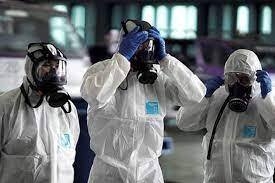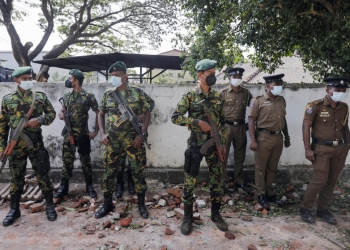There are thousands of different types, or variants, of Covid circulating across the world. That’s to be expected because viruses mutate all the time. But this new variant, called B.1.1.529 or Omicron, has experts particularly worried because it is very different from the original Covid, which current vaccines were designed to fight. It has a long list of genetic changes – 50 in all. Of these, 32 are in the spike protein of the virus – the part which is the target of vaccines. However, it is too soon to know how much of a threat it poses.
Will vaccines still work?
Current vaccines are not an ideal match so might not work quite as well, say experts. But that doesn’t mean they’ll offer zero protection. Remember, vaccines are still very effective at protecting lives by cutting the risk of severe illness against other major Covid variants, including Delta, Alpha, Beta, and Gamma. Doctors say it is vital people get the recommended number of doses to gain maximum protection against existing and emerging variants.
WHO Warns Covid variant Omicron Risk ‘Very High’
Although Covid infections have been rising again across the UK, the number of hospitalizations and deaths has remained well below the levels seen in earlier waves. Experts say this is because of the success of the vaccine program. Scientists will be running lots of tests to check if the vaccines will hold up against this latest variant. It is early days, but experts will study potentially important mutations that might make it more infectious and able to sidestep some of the protection given by vaccines. And they will assess if it is causing a more serious disease than other variants. The advice to avoid infection remains the same for all strains: wash your hands, keep your distance, wear a face-covering in crowded places and be vigilant about ventilation.
























